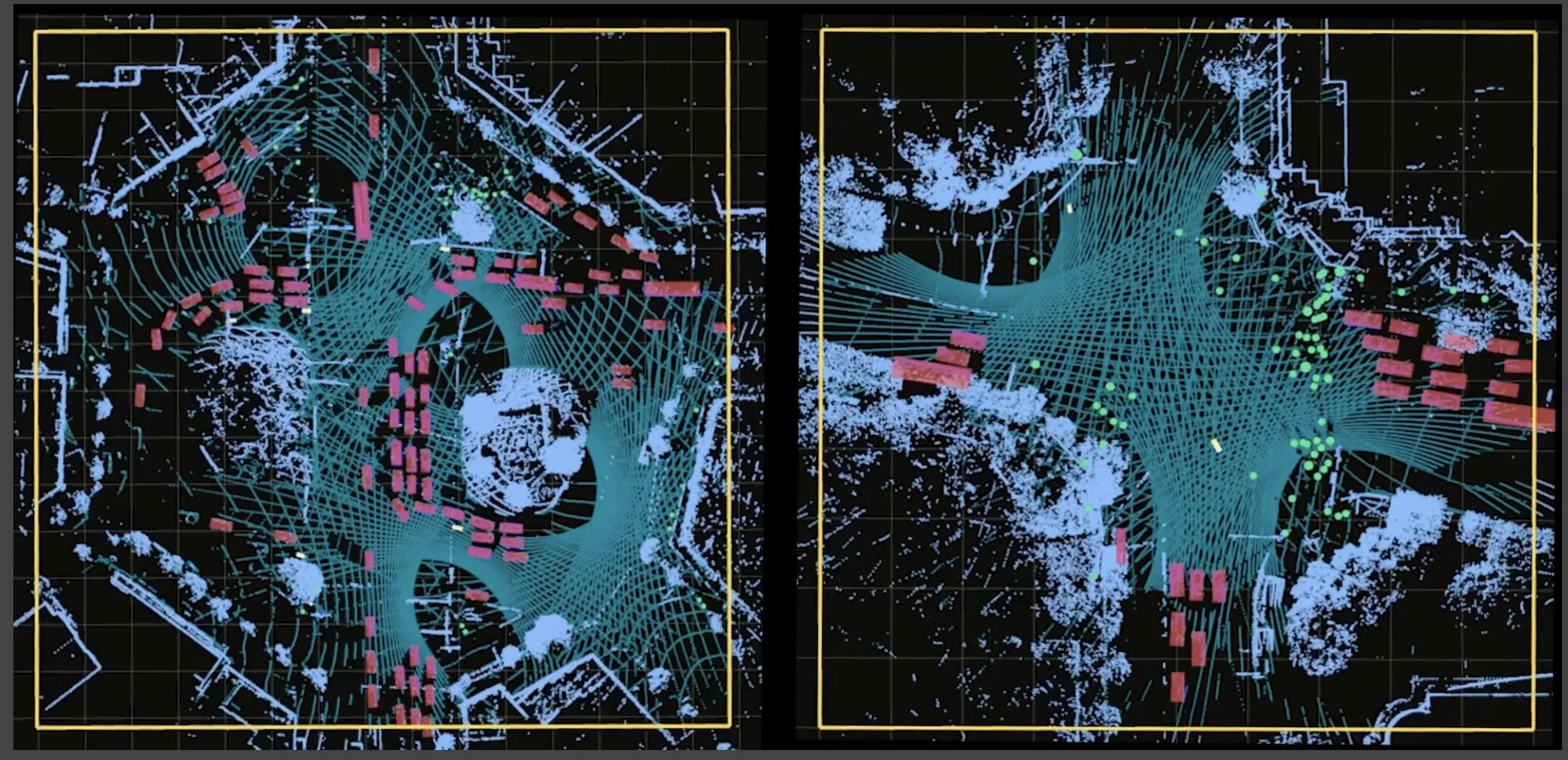Parsons and the Massachusetts Institute of Technology’s (MIT) Department of Civil and Environmental Engineering recently hosted the one-day Infrastructure, Smart Cities, and Transportation workshop with the aim of exploring the parallels between ongoing research and current industry needs.
Markus Buehler, head of MIT’s Department of Civil and Environmental Engineering said the department was focused on addressing the most challenging issues in infrastructure and the environment. “Many of the ideas discus
March 31, 2017
Read time: 2 mins
Markus Buehler, head of MIT’s Department of Civil and Environmental Engineering said the department was focused on addressing the most challenging issues in infrastructure and the environment. “Many of the ideas discussed at the workshop can be applied to current needs of the engineering industry, while defining the future of what it means to be a civil and environmental engineer,” he said.
Biff Lyons, Parsons’ executive vice president of Security and Intelligence said the nature of MIT’s culture creates an environment where students from all over the world collaborate to tackle big problems, a culture which is also important at Parsons.
Parsons’ director of Innovative Transport, Gibran Hadj-Chikh, added that Parsons’ smart city solutions are fuelled by combining resources from academia and the engineering industry to develop solutions can help solve major infrastructure and transportation problems and ultimately create a safer and more sustainable world.









